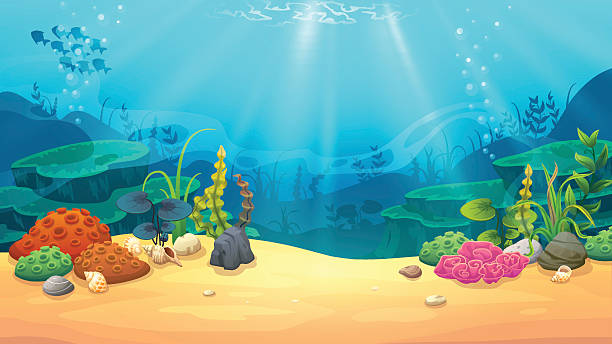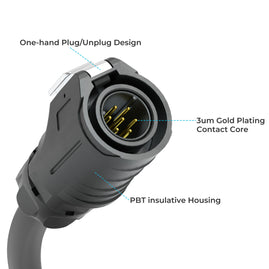The Science of Saltwater Aquariums: Achieving the Perfect Chemical Balance
As a saltwater aquariums hobbyist, you understand the delicate balance required to mimic an ocean ecosystem in your home. Monitoring and maintaining proper water conditions is an act of aquatic alchemy. The health of your corals, fish, and invertebrates depends on your ability to be an amateur chemist. Arm yourself with test kits, supplements, and equipment to regulate the water’s pH, alkalinity, calcium, and other parameters. Skilled aquarists know that patience and persistence lead to thriving tanks. Invest time into routine testing, dosing, water changes, and equipment upkeep. With diligence, you’ll keep your miniature ocean thriving.
Monitoring and Adjusting Water Parameters in a Marine Aquarium
To maintain a thriving saltwater aquarium, you must closely monitor and adjust the water conditions. The three most important factors are salinity, pH level, and nitrate concentration.
– Salinity refers to the salt concentration and should be between 1.023 to 1.025 specific gravity for most marine fish and invertebrates. Use a hydrometer or refractometer regularly to test the salinity and make minor adjustments with salt or freshwater as needed.
– The pH level indicates how acidic or alkaline the water is and should be between 8.1 to 8.4 for a saltwater aquarium. You can raise the pH using a buffering additive like sodium bicarbonate or lower it with an acid buffer. Test the pH at least weekly with test kits or electronic meters.
– Nitrate, the end product of the nitrogen cycle, should remain under 20 ppm. Excess nitrates are toxic to inhabitants and promote unwanted algae growth. Conduct partial water changes of 10-15% biweekly or monthly and test nitrate levels to ensure they stay in the safe range.
By routinely inspecting and balancing these three critical factors, you can achieve the perfect chemical equilibrium in your saltwater aquarium. Maintaining stable and optimal water conditions will lead to healthy, vibrant fish and invertebrates in your own aquatic paradise.
Common Issues and How to Troubleshoot Water Quality Problems in Saltwater Tanks
To maintain a healthy saltwater aquarium, you need to routinely monitor and adjust key water parameters. The most important factors to check include:
Salinity
– Use a hydrometer or refractometer to measure the salt concentration, which should be between 1.023 to 1.025 for most marine fish and invertebrates.
– Add pre-mixed saltwater or salt mix as needed to increase salinity. Partially replace aquarium water with deionized or reverse osmosis water to decrease it.
pH
– Test pH with test kits, strips or electronic testers and aim for 8.1 to 8.4.
– Raise the pH using buffers like sodium bicarbonate. Lower it with pH down products containing hydrochloric or citric acid.
Nitrate and Nitrite
– Have your local fish store test for nitrate and nitrite to ensure they do not exceed safe levels, around 20 ppm nitrate and 0.5 ppm nitrite at most.
– Conduct regular partial water changes of 10 to 15 percent of the tank volume every week or two to dilute nitrates. Nitrifying bacteria in a properly cycled filter will convert nitrite into nitrate.
Alkalinity
– Test alkalinity to make sure there are enough buffers to stabilize pH. The ideal range is 8 to 12 dKH for a saltwater tank.
– Add sodium bicarbonate to increase alkalinity. Replace water to lower it.
By routinely checking these parameters and making necessary adjustments, you will achieve and sustain optimal water conditions for a thriving marine aquarium. Performing regular maintenance like algae scrubbing, filter cleaning and equipment checks are also key to your aquatic alchemy.











Comments